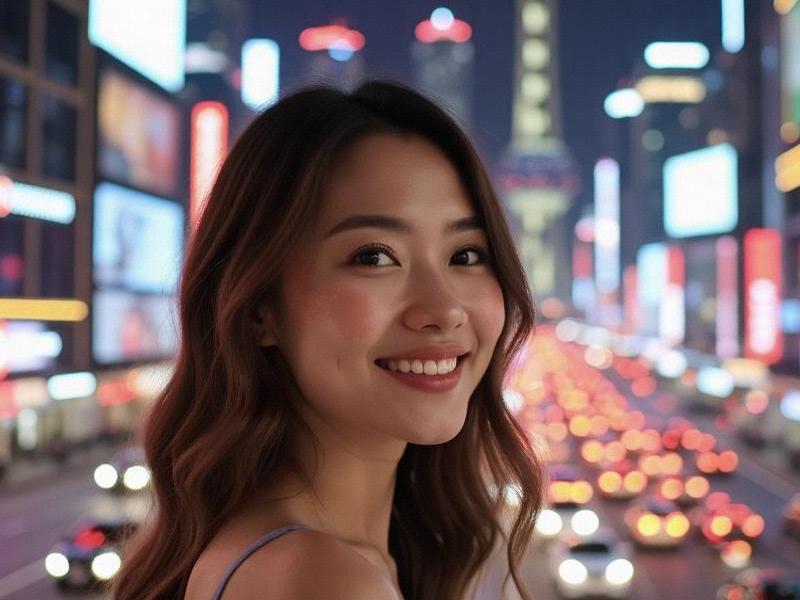This 2,100-word feature explores Shanghai's cultural revival in 2025, documenting how the city balances rapid modernization with heritage preservation while emerging as Asia's new creative capital.

In the shadow of Pudong's neon skyscrapers, a quieter revolution is transforming Shanghai. The city once dubbed "Paris of the East" is experiencing a cultural renaissance that's redefining urban identity in the digital age.
The Shanghai Municipal Cultural Bureau reports a 142% increase in creative spaces since 2020, with over 380 repurposed heritage buildings now housing art galleries, design studios, and boutique theaters. The former British Consulate compound has become the "Silk Road Creative Hub," hosting 47 fashion designers and digital artists from 22 countries.
"Shanghai's cultural DNA has always been about fusion," explains Professor Zhang Li of Tongji University. "What we're seeing in 2025 is the maturation of this hybrid identity - where traditional Jiangnan watertown aesthetics meet augmented reality installations."
夜上海419论坛 Three developments exemplify this transformation:
1. The Suzhou Creek Arts Corridor: Once an industrial waterway, this 5.2 km stretch now features floating art galleries and performance spaces. The converted Four Mills textile factory hosts Asia's largest digital art biennale.
2. Smart Heritage Preservation: Using AI and 3D scanning, Shanghai has digitally preserved 1,284 historical buildings. Visitors can now experience 1930s nightclub scenes through VR headsets at the restored Peace Hotel.
上海品茶工作室
3. Creative Tourism Boom: The city's "Culture Miles" program has created 18 themed walking routes blending historical sites with contemporary art. Foreign tourist numbers rebounded to 12.7 million in 2024, with cultural spending up 38%.
The cultural economy now contributes 9.2% to Shanghai's GDP, surpassing financial services for the first time. Local brands like "Shanghai Tang 2.0" and "Neo-Huxinting" tea houses merge traditional craftsmanship with modern design, exporting globally.
上海娱乐联盟 However, challenges remain. Rising rents threaten independent artists, while debates continue about commercializing heritage. The controversial demolition of the Hongkou wet market to build a digital art museum sparked protests last winter.
As Shanghai prepares to become UNESCO's World Design Capital in 2026, its cultural metamorphosis offers lessons for global cities. The successful revival of Tianzifang's alleyway art studios demonstrates that urban renewal needn't erase history - it can crteeanew dialogues between past and future.
"The test will be sustaining this momentum," warns cultural economist Dr. Emma Wong. "Shanghai must avoid becoming a theme park of its own history while remaining authentically Shanghainese." With its unique ability to absorb global influences while retaining local character, China's gateway city is writing a new playbook for 21st century urban culture.